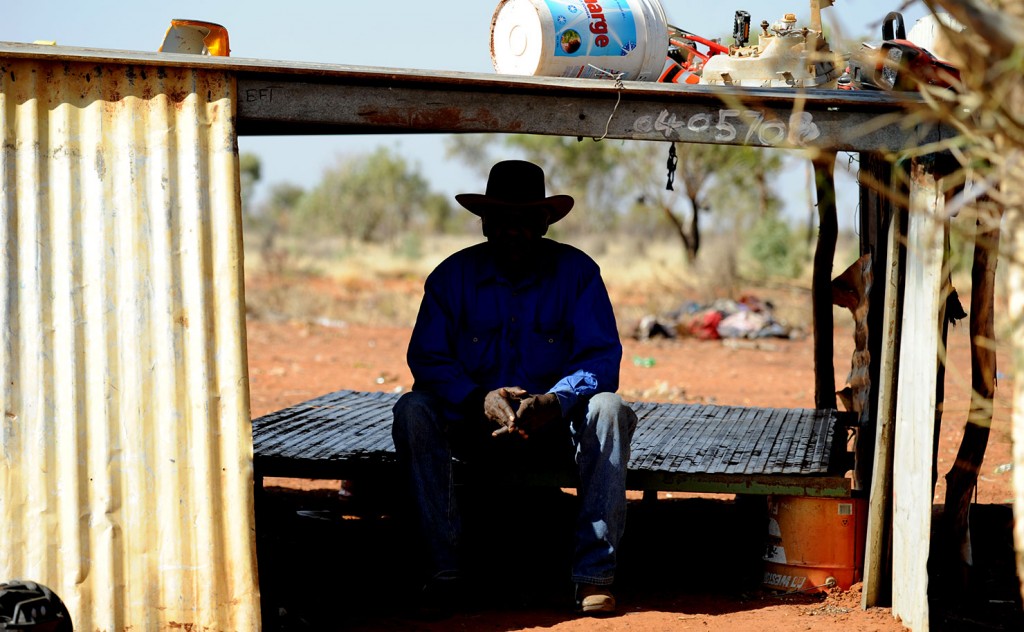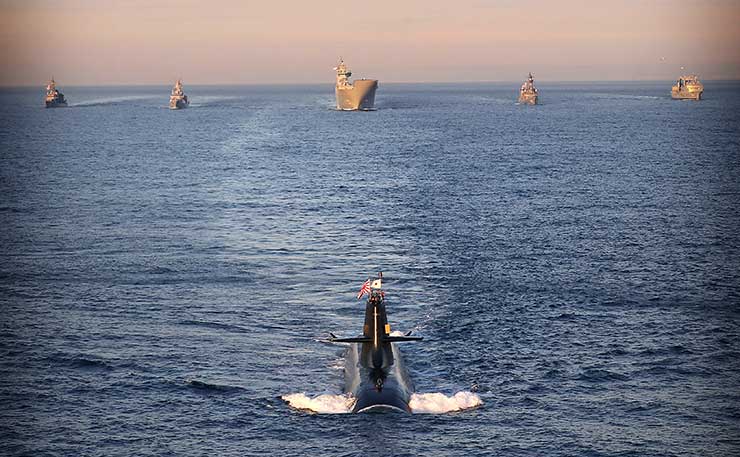Australia has sunk to many new lows in recent years. Professor Stuart Rees outlines some ideas for a kinder, fair go nation.
In the wake of Brexit, the election of Donald Trump, the prospect of right wing successes in European elections and, in Australia, the rudderless Turnbull government, social analysts insist that citizens have lost faith in democracy.
In response to public dismay about capitalism and democracy, plus major political parties’ fear of an angry populism, Professor John Hewson has argued that the status quo should be thrown out and replaced by a complete policy re-think. I wrote a re-think analysis and submitted it to the Sydney Morning Herald who replied that they would not publish me, their disinterest seeming to reflect the assumption of mainstream press that the public is seldom interested in serious analyses.
Nevertheless, here for another readership is the re-think. It requires a reversal of the market-oriented convention that tinkering with an economy must precede efforts to build a just society: economy first, society later. A reversal of that way of thinking begins by emphasizing commitments to human rights and to social justice as catalysts for a vibrant economy.
The Consequences of Injustice
Sir Michael Marmot’s 2016 Boyer Lectures stressed the social and financial costs of injustice as illustrated by the links between ill health and crime, by the negative effects of poverty on early child development and by the formula – the fewer the years of education, the higher the risks of early death.
His perspectives on inequalities produce two policy priorities: the need to promote equal educational opportunities, hence the value of Gonski-type funding; and the need to defend and extend Medicare, not least by paying belated attention to mental and dental services.
Sir Michael repeated his concern about the limited life expectancy of Aboriginal people, the country-wide rates of youth suicide and the obscene rates of incarceration of Indigenous citizens. Each of those outcomes expresses violence. It is a violence defined by evidence of physical force, but also by a stifling of individuals’ opportunities for development.

Australian politicians acknowledge the consequences of domestic violence and have supported the Royal Commission of Inquiry into the sexual abuse of children, but there’s little evidence of thinking of Australia as a non-violent culture. They could do so by investing in non-violent ways of crafting policies, yet highly expensive and counter-productive forms of control and punishment persist, as in the continued abuses of the rights of asylum seekers, limited support for refugees and the counter-productive war on drugs.
A More Socially Just Economy
Changing stereotyped views about taxation could influence the management of an economy and affect vision about a country’s social and cultural objectives. Yet politicians and certain media commentators seem to think it is suicidal to refer to taxes in other than negative terms.
A longer term, historical view shows progressive income taxation as a positive phenomenon, the way to build a rights-with-responsibilities obligation of citizenship, a means of confronting inequalities, a crucial building block of a civil society.
Over time, the argument about social justice as a catalyst for national economies can be demonstrated in Nordic countries whose commitment to strong economic growth has included investment in people, as in regulated working conditions and substantial welfare provision.
Using commitments to social justice as yardsticks to assess the merits of economic policies also raises questions about transparency and accountability for government expenditure. Although all aspects of government expenditure should be subject to scrutiny and in spite of governments’ neuroses about budget deficits, two large areas of expenditure are somehow protected.

If militarism is regarded as the means of providing security, then $50 billion spent on 12 new submarines and an untold amount on unproven and hugely expensive joint strike fighters might be justified. But if citizens’ security is obtained by non-violent means – as in educational and job opportunities and the means of obtaining an affordable home – then expenditure on an arms race fired by the fascination with obtaining the latest weaponry, should be strictly limited.
An even less justifiable expenditure concerns the $1.4 billion a year spent on paying multi-national corporations to contain asylum seekers on Manus Island and Nauru. The death of that policy may be at hand, but the life-long human and financial costs to the hundreds of vulnerable people punished by Australian injustice also needs to be calculated.
Courage for Democracy
A new philosophical and political narrative requires the resuscitation of old ideals. In common with Michael Marmot, the French economist Thomas Piketty advocates the promotion of collective interests over private ones. He documents the destructive consequences of immense inequalities of wealth and he argues that betting everything on democracy is the way to regain control of capitalism.
Reviving faith in democracy will also require a view of Australia as an international citizen committed to supporting universal human rights in foreign and domestic policies. Such a commitment requires courage to stand up to the bully boys of international politics. In its sponsorship of the recent UN Security Council resolution condemning Israeli settlements as a flagrant violation of international law, New Zealand showed such courage but Australia’s Foreign Minister Julie Bishop followed the usual cowardly line by indicating that Australia would have voted against the resolution.
Taking the opportunities for Australia to re-craft its understanding of the meaning of international citizenship could start with increasing the current niggardly contributions to overseas aid. Advocacy of the human rights of oppressed peoples, such as Tibetans, West Papuans, Palestinians and the people of Western Sahara would have little financial costs but considerable social justice and political benefits.
This social justice, human rights perspective is non-violent, enhances a country’s self-respect and national identity. The old narrative says Australian is an egalitarian country characterized by mateship. The new narrative needs to implement those claims at home and on an international scale.
Donate To New Matilda
New Matilda is a small, independent media outlet. We survive through reader contributions, and never losing a lawsuit. If you got something from this article, giving something back helps us to continue speaking truth to power. Every little bit counts.





